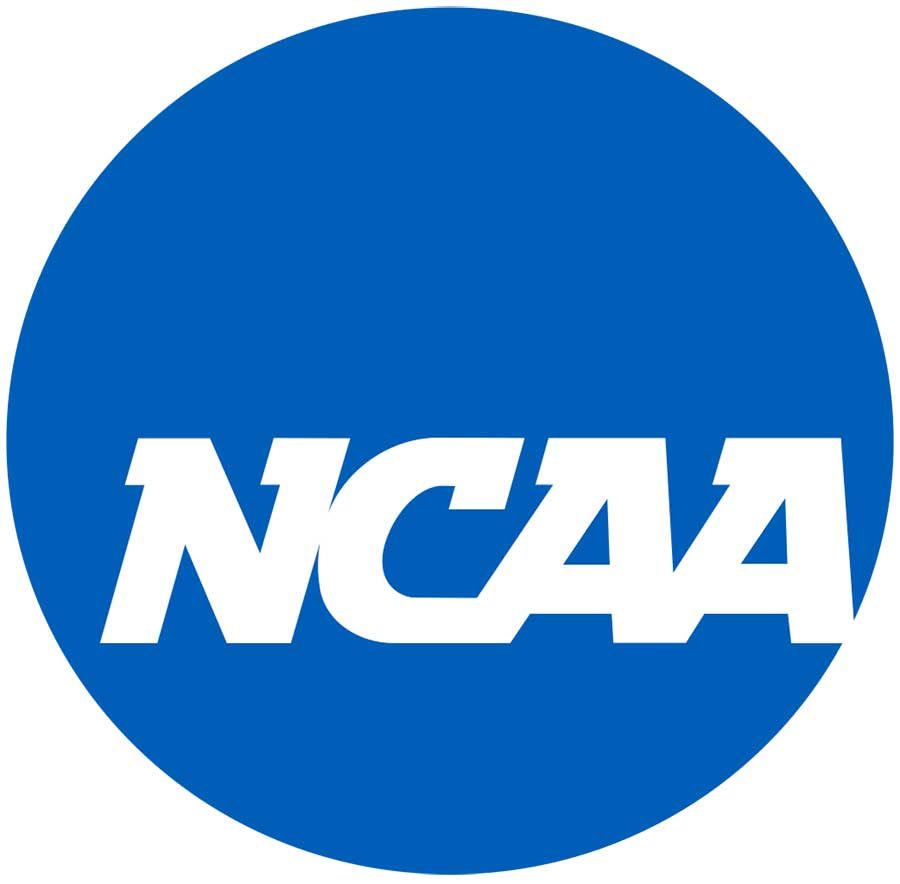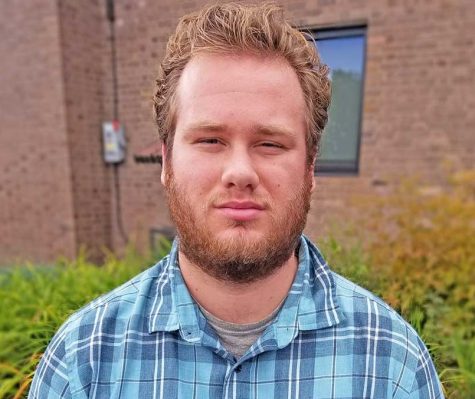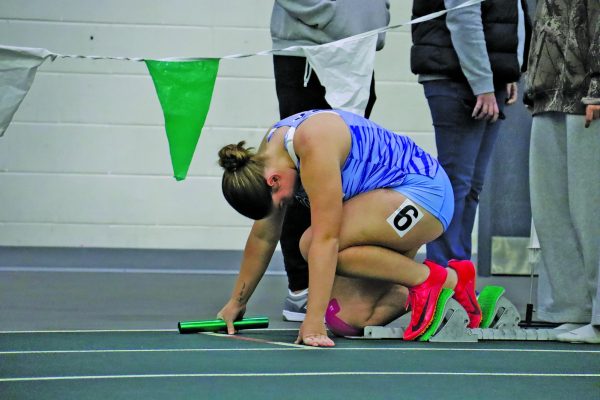Lyndon handed down sanctions by NCAA
In a Feb. 26 email to the NVU community, NVU President Elaine Collins announced that Northern Vermont University-Lyndon received the final decision of the NCAA Division III Committee on infractions regarding violations that occurred between 2013 and 2017.
Collins noted, “The NCAA found two violations. In the first, Lyndon considered athletics leadership for 17 student athletes when evaluating applicants for a scholarship if they also exhibited other leadership experience; and in the second, the role some admissions staff who also worked as part-time coaches played in packaging financial aid.”
Two of those staff members are no longer associated with the university.
According to Collins, those sanctions include “public reprimand and censure; four years of probation with the NCAA; a vacation of records from contests in which student-athletes competed while ineligible (during the 2013-2014, 2014-2015, 2015-2016, and 2016-2017 academic years), attendance at NCAA Regional Rules Seminars each year of probation by the athletics director, compliance director, financial aid director, admissions director and/or dean of enrollment; outside audit of the college’s athletics policies and procedures during the first and fourth years of probation, with an emphasis on financial aid policies and procedures, and a $2,500 fine.”
Additionally, NVU Lyndon has given themselves self-imposed sanctions that include the institution of a robust campus education plan regarding NCAA guidelines, the establishment of new admissions and financial aid policies and procedures, and prohibition of athletic department employees from being employed by the admissions or financial aid departments.
According to NVU Director of Athletics Jamey Ventura, these issues arose through annual financial reports to the NCAA.
“When you send that report in, it’s basically showing how all student-athletes who competed in that year, what their aid packages were and how they compared to the general student body,” he said. “So that report was filed, and they have what are called outliers. So a student-athlete may have received more money than a general student would have. Then, the NCAA asks why that is the case. There are plenty of reasons why. For example, Johnson has the Start Scholarship. So maybe a student-athlete earns the Start Scholarship and now looks like they are getting more aid than somebody that isn’t a student-athlete. But we have criteria for that scholarship; they earned it for the basis of that scholarship [that has nothing to do with athletics], and so they’re good.”
Ventura added that Lyndon ran into trouble when they were offering a scholarship for athletic leadership, which is basically giving them an athletic scholarship, which violates NCAA rules.
“That wasn’t the intent of it, but that’s what happened,” he said.
One of the potential sanctions that was discussed was the idea of the postseason ban. When an institution is banned from postseason play, it is not allowed to compete in the conference playoffs or the national tournament for any sport.
This could have had a major effect on the Johnson campus and other schools that participate in the North Atlantic Conference (NAC) as the conference currently has only eight members and needs all eight to participate in a sport for a guaranteed spot to the winner of the conference. If Lyndon were sanctioned with a postseason ban, the automatic bid would be taken away for sports like basketball and soccer as all eight teams in the conference compete in both of those sports.
Collins was able to convince the NCAA to not sanction Lyndon with a postseason ban.
“In her statement to the NCAA, she said that the students here have already suffered enough,” said Ventura. “She asked that we don’t get a postseason ban at the last hearing and made a case for it. Those 15 students, they had either paid back the scholarship money, which I think was around $1,000, or they did 50 hours of community service. And I’ll say right from the start, the institution has owned up to this, saying, ‘We take this responsibility, our student-athletes did nothing wrong,’ so it was unfortunate that they were hit with this because it wasn’t anything they did. This was an institution problem and has since been corrected.”
With probation being one of the sanctions that were handed down by the NCAA, it means more work and attention to detail for Ventura and his team at Lyndon.
The probation, in this case, means that they are watching us,” he said. “It means, and it’s kind of spelled out in the rest of these penalties, that we have an external audit on our financial aid policies and how they relate to the NCAA rules. We have to do that in year one and year four of the probation. I’m going to have to – as the compliance coordinator over there I handle the compliance over at Lyndon – write a report each year on what we did. These are things that we have to do while on probation, and if you don’t do them, then probation could lead to something worse, what the NCAA calls restrictive membership, and that’s when they can start pulling things away from [your program].”
What happened at Lyndon shouldn’t affect Johnson, Ventura said, as unification between the two schools happened after the incidents occurred.
Collins further noted, “As we have consistently done throughout this process, we take full responsibility for our lack of compliance with NCAA bylaws. It is important to underscore that our student-athletes were not responsible in any way for the violations the NCAA identified. To ensure this does not happen again, we have made significant changes to staffing and reporting structures to eliminate any possibility of this lack of institutional oversight in the future. The NVU-Lyndon athletic program recognizes its responsibility to promote a culture of compliance so that our student-athletes can continue to enjoy their athletic pursuits. We are incredibly proud of our student-athletes for their personal and athletic integrity throughout this situation.”








